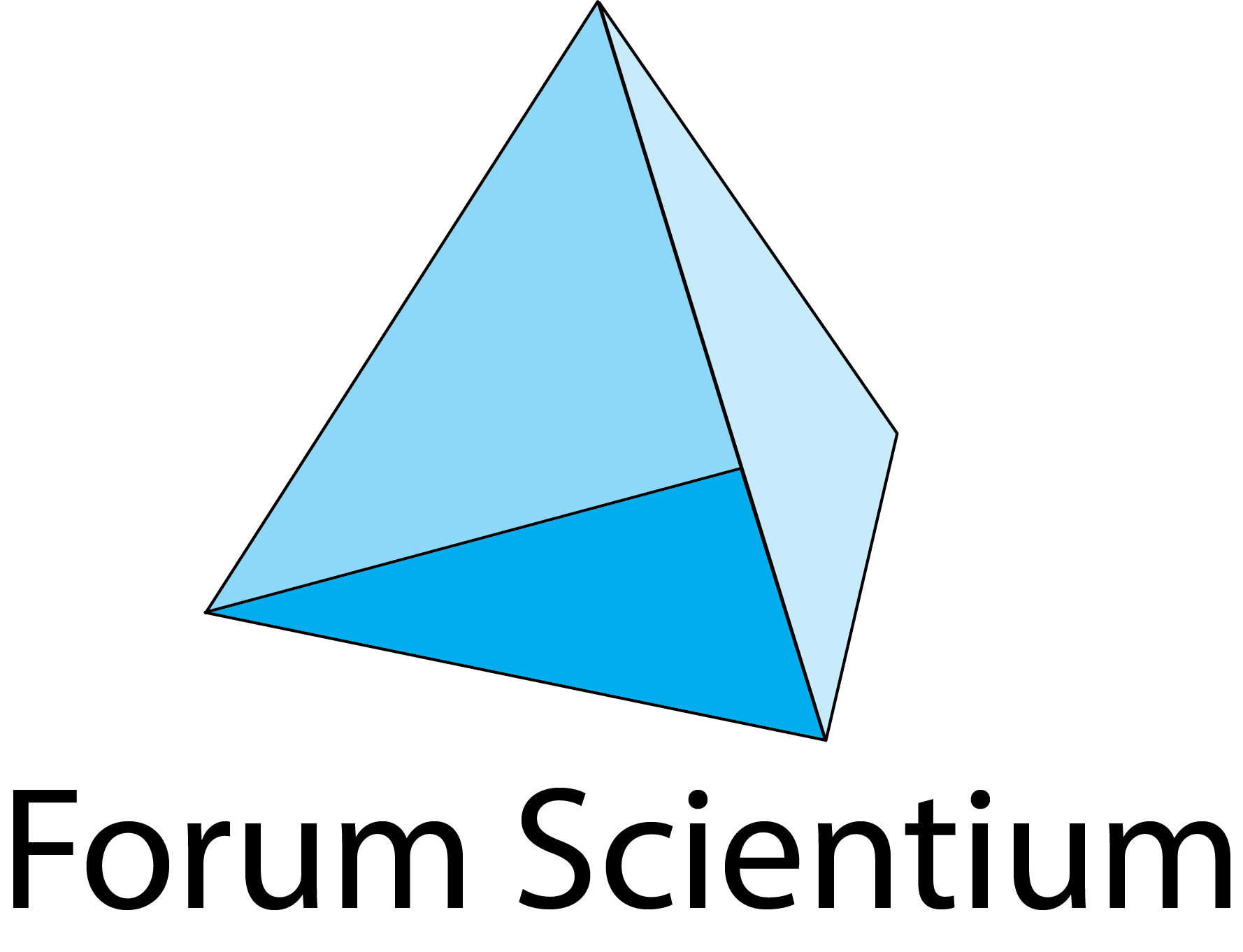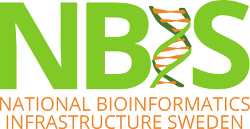
15th Swedish Bioinformatics Workshop
Linköping
20th-21st of OctoberPlease send us your feedback using the form in this link: Feedback form Press the link to get the abstract book as a pdf: Abstract Book
Contact: info@sbw2016.se
The webpage will be updated continuously with more information.
About SBW 2016
The Swedish Bioinformatics Workshop is a two day conference held annually in Sweden at alternating universities. The target audience of SBW is PhD-students in Sweden working within the diverse field of bioinformatics. At the event young researchers get to present their own projects to their peers, either as an oral presentation or in the form of a poster. Additionally, participants can attend practical workshops as well as presentations of high impact keynote speakers.
No registration fee for PhD students, postdocs and master's students.
Keynote lecturers at SBW 2016
We proudly present our three Keynote speakers below.
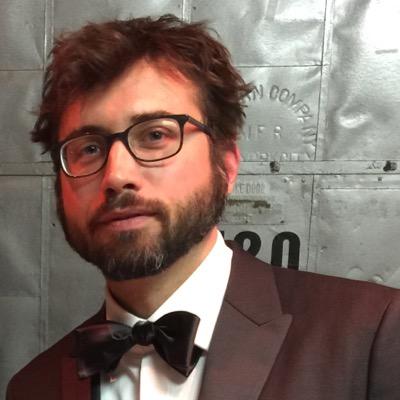
Richard Bonneau
Associate Professor of Biology, Computer Science; Faculty Director of Bioinformatics, New York University
Bonneau Lab
Talk title: New methods for learning large network models underlying immune-microbiome interactions
In the presentation Richard will discuss their efforts to model diverse immune cell type’s interactions with their environment and with the microbiome. The first part of the talk will detail new efforts to learn large scale biophysically motivated network models of both rare and common immune cell types. This inference results in both network models and estimates of regulatory factor activity in a host of conditions. The second part of the talk will consider new methods for learning microbial interaction networks (from both environmental and human associated datasets) and recent efforts to both learn these networks and also use the networks to model connections to complex meta-data (such as host immune factors, genetics and metabolites) as well as new methods for making sense of microbiome time series. The talk will finish with some discussion of limitations and implications for experimental design (alas, most questions posed during the talk will go unanswered).
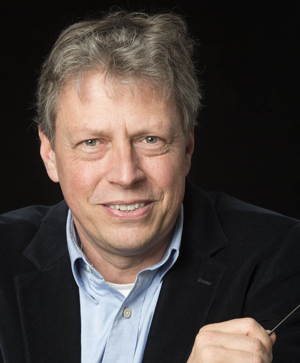
Ron van Schaik
Professor of Pharmacogenetics, Department of Clinical Chemistry, Erasmus University Medical Center, Rotterdam, The Netherlands
Ron is Director of the International Reference Center for Pharmacogenetics and leads the Unit for Research & Development at the department of Clinical Chemistry. Many drugs that are currently available are of the type “one size fits all”, but they don't work the same way for everyone. Pharmacogenetics is the study of how genes affect a person’s response to drugs. Ron´s research focuses on clinical implementation of pharmacogenetics, with the main interest directed towards pharmaceuticals used against transplantation/immunosuppression, oncology, pain, psychiatry, HIV and anticoagulation. Pharmacogenetics is still in its infancy and currently the implementations are (unfortunately) quite limited. In the future, pharmacogenetics will allow for the development of tailored treatments against a wide range of health problems.
Talk title: Clinical Implementation of Pharmacogenetics: Do YOU have your DNA passport?
Talk Abstract: Interindividual variation in drug metabolism is a factor affecting successful drug therapy. Adverse drug reactions are responsible for 5-7% of hospitalizations each year, and there is thus a need to personalize drug therapy. With the knowledge and tools available today, we can achieve this at reasonable costs. With over 5,000 articles per year currently being published on genomic markers to guide drug therapy, there is a huge potential. However, some tests are readily accepted by the clinic, but others are not. Surprisingly, these acceptances differ from country to country, and from hospital to hospital. It appears that it is not as much the suggested lack of scientific evidence, but rather other factors that have an impact on clinical implementation, such as education and competition with existing protocols.
Our 10 year experience in implementing pharmacogenetics in the Netherlands in clinical diagnostics will be illustrated, covering the value of clinical evidence, education, availability of testing, laboratory and clinical guidelines, quality, feedback from clinicians and patients, reporting, financial and ethical aspects. At Erasmus MC, we currently provide DNA passports for medication, which fits in the trend of a pre-emptive genotyping approach. However, these efforts would not be so successful if not for the early development of a national clinical support system for pharmacists. This system contains evidence-based genotype dependent dosing guidelines for over 80 drugs. So with your DNA passport, you can visit any pharmacy in the Netherlands to obtain medication adjusted on genomic profile. Current challenge is to develop a broader decision support tool, incorporating these dosing advices and coupling directly to an individual’s DNA information in a way that it ensures optimal access to this information for health care provider as well as individuals.
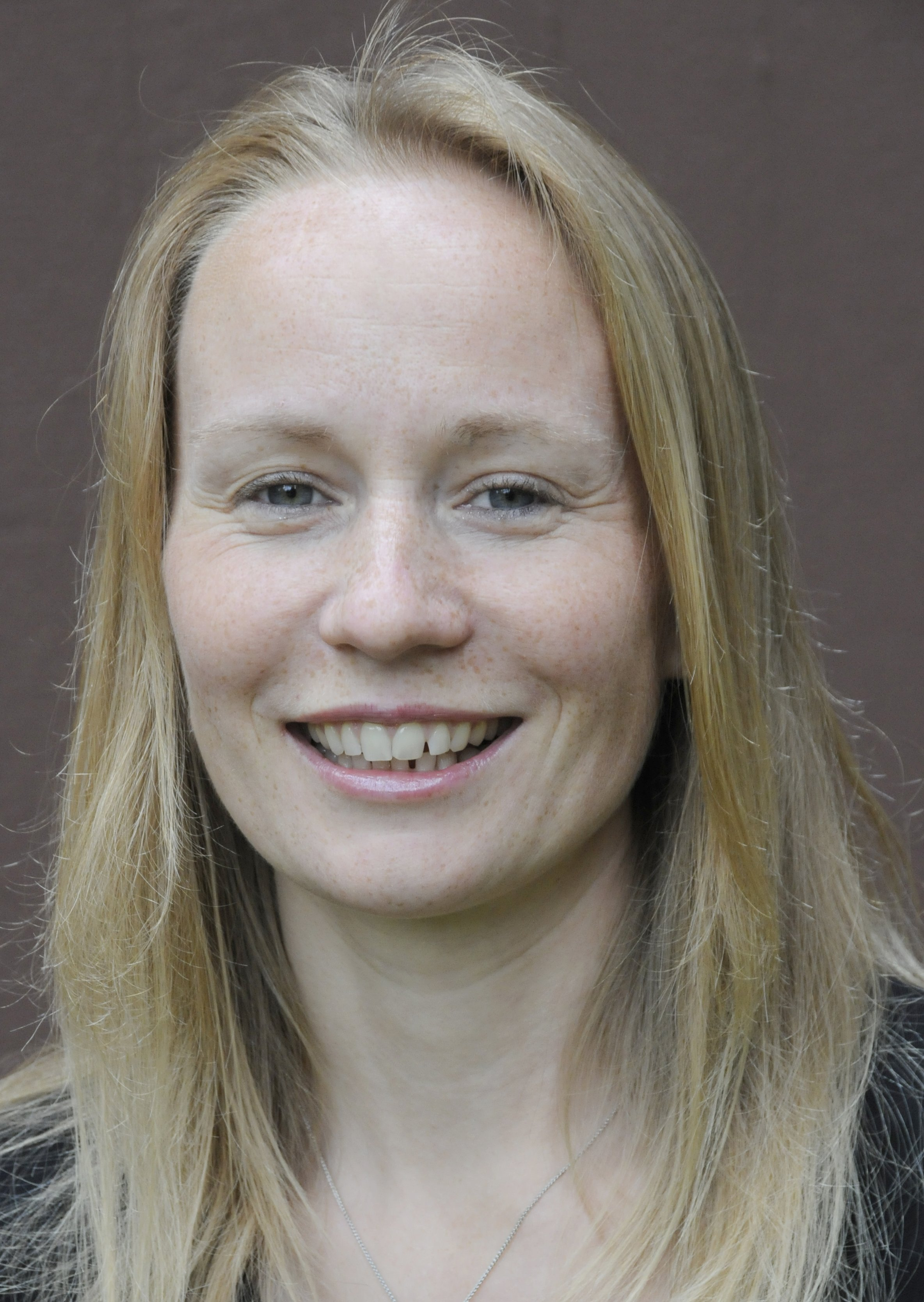
Birgit Strodel
Professor of Computational Biochemistry, Jülich Research Centre, Germany & Department of Chemistry, Heinrich Heine University Düsseldorf, Germany
Strodel Lab
Talk title: Advances and challenges in the simulation of protein aggregation at the atomistic scale
The aim of Birgit's work is to understand the physico-chemical principles that govern the highly complex process of protein aggregation. This process may lead to fatal diseases, as in the case of Alzheimer's disease, but we can also profit from it in the form of novel nanomaterials. All-atom molecular dynamics (MD) simulations of protein aggregation in explicit solvent have been performed for over a decade, revealing valuable information about this phenomenon. However, all studies published to date suffer from at least one if not both of the following two problems: (1) The accuracy of current all-atom force fields in modelling disordered proteins and protein aggregation is insufficient as recent benchmark studies revealed. (2) The second problem is that all-atom MD simulations of protein aggregation are generally performed at protein concentrations orders of magnitude higher than the comparable in vitro and in vivo situations, limiting structural rearrangements between aggregate growth events. In the presentation Birgit will explain how the latter limitation can be overcome by extending the formalism of Markov state models to study protein aggregation.
Workshops at SBW2016
MultiQC Workshop
held by Phil Ewels
Quality Control is an essential part of every next-generation sequencing project. Numerous tools exist to quantify such metrics (FastQC, RSeQC, Qualimap) and most analysis tools report their success rates. However, visualising all of these metrics across multiple samples can be time consuming and error prone. In this workshop, we introduce MultiQC - a tool to aggregate and parse such statistics quickly and easily, creating a single report summarising an entire analysis run. MultiQC currently supports 23 different tools, understanding output from most common bioinformatics programs. We cover how MultiQC works, how to install it and how to overcome some of the more common problems when generating reports. Using hands-on example data we will test out installation, configuration and customisation. We will discuss how to interpret some common QC patterns and conclude with a discussion about how to extend MultiQC for different uses. Bring your laptops and feel free to use your own data in the excercises.
You can find out more about MultiQC at http://multiqc.info
Using IPython and Jupyter for reproducible research
held by Benjamin Ragan-Kelley
IPython and Jupyter are free, open source tools for interactive computing, reproducible research, and communication. Learn how the web-based Jupyter notebook can help you record, share, and publish your analysis, while IPython helps with the interactive exploration, enabling more productive and more reproducible workflows. Jupyter notebooks use an open protocol, allowing you to work in many languages, including Python, R, Julia, and more.
Here you can find more information
IPython jupyterSchedule
Open the image of the schedule in a separate tab if you cannot see it in full size

Location
The main conference hall is called Hasselquistsalen and is located just inside Entrance 76 and 75 of the Medical Faculty:
Medicinska Fakulteten
Linköpings Universitet
582 25 Linköping
Travel to the venue from the train station. Remember to change times when looking for the buses in the links below
Walk Bus number 1, 15 or 17 Bus number 2Bus tickets can be bought in the phone application "Östgötatrafiken" or in Östgötatrafikens office at the train station.
Linköping has quite many hotels and we suggest you look at avropa.se to find the ones with agreements with universitys. As long as you take a hotel quite central it should be walking distance to and from the venue
